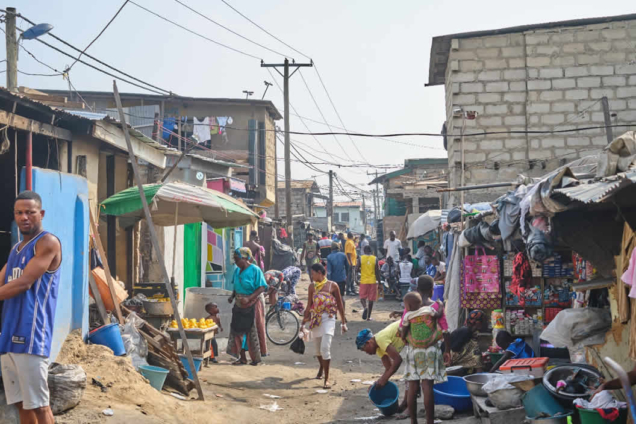The latest African Economic Outlook released by the African Development Bank Group (AfDB) has detected what it describes as desynchronization between economic growth performance and sustainable development which suggests that Africa’s current development model is not fit for purpose.
According to the document, The Existing Development Model, which relies heavily on resource extraction without value addition, urgently requires a complete overhaul if the continent is to catch up with other regions.
“The urgency is such that, under a business-as-usual scenario, it could take today African countries more than a century on average (108 years, for a median of 86 years) to transition to a high-income status,” the report noted.
Africa remains the second-most economically unequal region in the world, after Latin America and the Caribbean.
Over 600 million people on the continent currently have no access to electricity and more than 600,000 die annually from indoor air pollution associated with the use of biomass (charcoal) for cooking and at current growth trends, close to 9 out of 10 of the world’s extremely poor people will be in Africa by 2030.
In Gaborone-Botswana, the United Nations Development Programme in Partnership with the UN Economic Commission for Africa (UNECA) and the African Development Bank AfDB is hosting the 2024 African Economic Conference which is reflecting on the theme: “Securing Africa’s Economic Future Amidst Rising Uncertainty.”
While delivering his address at the opening ceremony of the event, Vice President of the African Development Bank, Prof Kevin Chika Urama recommended that “Addressing these recurrent uncertainties requires a multifaceted approach.”
He started by first calling for a fundamental rethinking of the underpinning models of global governance, economic development policy, and new innovations in economic diplomacy and multilateralism.
He also argues that this must be done together with home-grown solutions embedded in local realities. Countries need to realise now more than ever, that national development must not be outsourced.
Development is a do-it-yourself business while adding that Africa’s prevalent predicaments demand effective collaboration and equal partnerships among development institutions, countries and national governments, the private sector and citizens.
To be sustainable, Professor Urama emphasized that “the development process must be inclusive – proactively harnessing all forms of capital, especially human and natural capital, with a laser focus on beneficiation and value addition.”
Organizers of this year’s African economic conference remain hopeful that given the opportunities provided by the forum to review the continent’s experiences and strategies a more resilient development pathway will be crafted for Africa, going forward.
Find below link to the full report: https://www.afdb.org/en/documents/african-economic-outlook-2024
Latest Stories
-
Hunter Biden lashes out at George Clooney over father’s 2024 election exit
1 hour -
French cities impose curfews on children after drug violence
2 hours -
Hershey, Nestle, other cocoa companies defeat appeal of child slavery lawsuit
3 hours -
China finds cover-up in lead poisoning of 200 children
3 hours -
Prince George photo released for his 12th birthday
3 hours -
Philippines goods to face 19% tariff, Trump says
3 hours -
Indian vice president’s resignation sparks speculation
4 hours -
Irish government reveals how Apple tax windfall will be spent
4 hours -
Brazilian Supreme Court justice threatens to arrest Bolsonaro
4 hours -
Queen Elizabeth II’s fashion to feature in exhibition
4 hours -
North Macedonia backs Morocco’s autonomy plan as sole basis for resolving Sahara dispute
4 hours -
Coach Lars Björkegren “proud” of Black Queens after penalty defeat to Morocco
5 hours -
Hosts Morocco to take on Nigeria in African women’s final
5 hours -
We were the better team – Queens coach Bjorkegren reflects on WAFCON 2024 semi-final loss
5 hours -
Mali court rejects appeal to release four Barrick employees, judge says
5 hours

